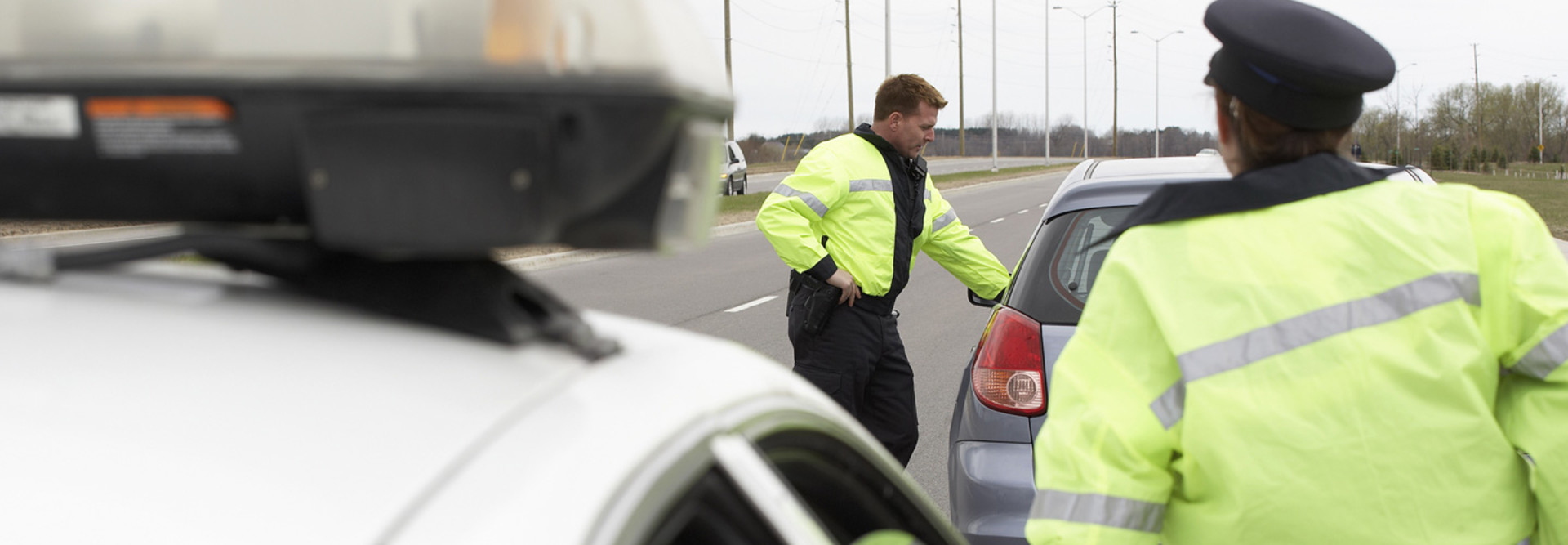White House Pledges $75 Million to Fund Body Cameras for State, Local Police
A proposal released by the White House this month would provide millions in matching funds for state and local governments that commit to outfitting police officers with body cameras.
The 3-year, $75 million investment could help to supply state and local officers with 50,000 body-worn cameras, the White House announced Dec. 1. The program could have huge implications for cities such as Pittsburgh, which plans to free up funding in next year’s budget to purchase body cameras for the entire police force, according to the Pittsburgh Post-Gazette. The city’s mayor is reportedly rearranging $650,000 to fund the effort, with the hope of receiving matching federal funds.
In Minneapolis, where police recently launched a 6-month pilot program to test body cameras, the hope is that federal funds will partly defray the cost of a wide-scale rollout, MinnPost reported. The city budgeted $170,000 for the pilot program. Equipping all 800 sworn officers with body cameras by mid-2015 will cost $1.14 million. One concern is whether the city is too far along to qualify for funding.
Body Camera Debate Heats Up
The White House Body Worn Camera Partnership Program is part of a larger $263 million investment package to strengthen community policing. The body camera program would provide “a 50 percent match to states and localities that purchase body worn cameras and requisite storage,” according to the White House announcement.
Public debate over the use of police body cameras has heated up in recent weeks following grand jury decisions not to indict the officers involved in the shooting death of 18-year-old Michael Brown in Ferguson, Mo., and the choking death of Eric Garner in Staten Island, N.Y.
In Garner’s case, video footage from a bystander captured police wrestling him to the ground in a chokehold before he died. However, the video footage did not lead to an indictment. The incident has left some questioning whether body cameras will make a difference.
Questions Remain About Body Cameras
As more police departments pilot and purchase body cameras, several questions remain. Roy Austin Jr., deputy assistant to the president for the Office of Urban Affairs, Justice and Opportunity in the Domestic Policy Council, highlighted some of those concerns in response to a White House petition:
• What is the most effective type of camera (vehicle, body, weapon) -- and if body, where is it best placed (lapel, ear, belt)?
• What are the privacy implications of having officers record interactions with the public?
• When should cameras be turned on?
• Does every officer on a force need a camera?
• How long should video data be maintained and who should have access to it?
• What is the impact on community relationships?
A recent report by the Community Oriented Policing Services and the Police Executive Research Forum offers recommendations for adopting body cameras, including when police should turn on their cameras. “One approach is to require officers to record all encounters with the public,” the report notes. Read the full details here.









